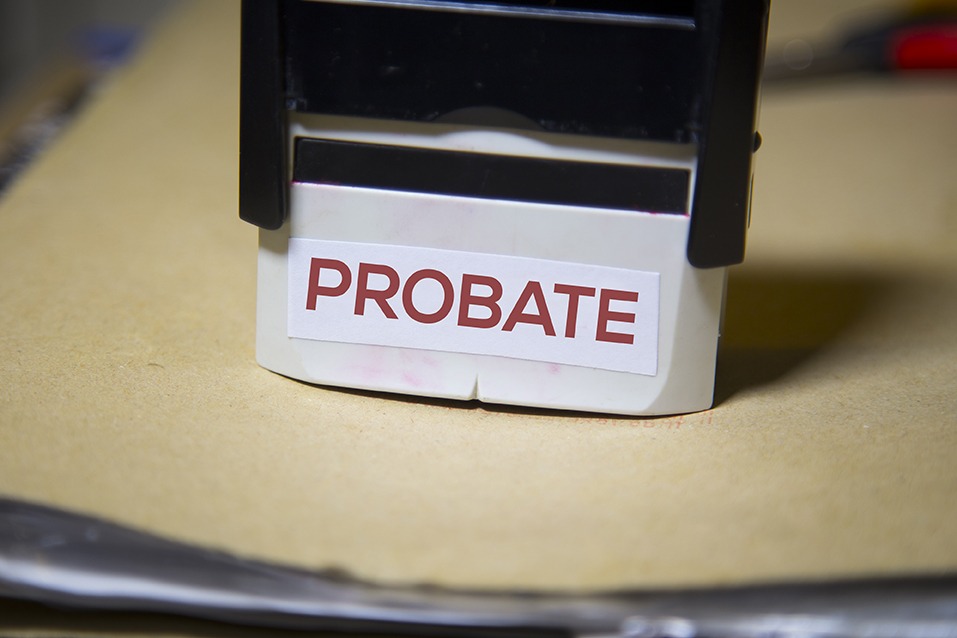
You probably have heard about probate, but do you know what it actually is or how it works? Probate is a legal process in which your county's probate court determines the assets you own at the time of your death. It essentially determines the validity of a will. If a will is found to be authentic, the assets listed in the will are distributed as specified in the document.
Probate laws vary from state to state, but in general, the following items make up your probate estate:
- Cash
- Bank accounts
- Investment accounts
- Real estate
- Personal property
Probate Exclusions
It is important to note that not all of your assets are subject to probate. The following assets can pass directly to the appropriate person or persons without having to go through probate:
- Property you own jointly with someone else
- Accounts with a designated payable on death beneficiary
- Items with a transfer on death designation
- Insurance policies with a designated beneficiary other than your estate
- Retirement accounts with a designated beneficiary
- Trust accounts with one or more named beneficiaries
Probate Costs
Probate can be a costly procedure depending on the size of your estate. These costs, which can add up to 10% of your probate estate, can include the following:
- Probate court fees
- Executor or personal representative fees
- Attorney fees
- Appraisal fees
Probate Cost Calculator
To give you a quick estimate of your likely probate costs, use this probate calculator to determine the gross market value of your assets. Do so by adding the following items:
- Real estate – home
- Real estate – other
- Savings
- Investments
- Vehicles such as cars, trucks, RVs, etc.
- Boats
- Antiques and collectibles
- Household furnishings
- Miscellaneous personal property
You may be surprised to discover how much you actually own. Your home alone is probably worth at least $200,000. If you have lived there for many years, it will have substantially appreciated in value.
In total, your probate estate is likely worth at least $1 million. Consequently, your heirs face probate costs of up to $100,000 or more before they can receive the items or amounts you left them in your will. Keep in mind that these costs are in addition to any debts, income taxes or estate taxes your probate estate must pay before distributing the remaining assets to your heirs.
Probate Avoidance
Probate avoidance is a perfectly legal way to reduce the amount of your probate estate and therefore reduce or eliminate probate costs.
Some common ways to avoid probate include the following:
- Establish one or more irrevocable trusts
- Designate a beneficiary for all accounts that allow you to do so
- Own selected property, such as your home, jointly with your spouse or partner
- Give monetary or other gifts to people while you’re still alive
- Establish a Roth IRA
Necessary Legal Help
Estate planning and, in particular, probate avoidance, are not do-it-yourself projects. You need expert legal help to make sure that the documents you create comply with all federal and state laws and will hold up in the event someone chooses to contest your will.
At AmeriEstate Legal Plan Inc., we’ve helped over 40,000 American families create personalized estate plans that meet their current and future needs.
Contact us today for more information. Our experienced and trained legal professionals are standing by to answer all your estate planning questions and start you on your way to creating the estate plan that best meets your goals and objectives.
